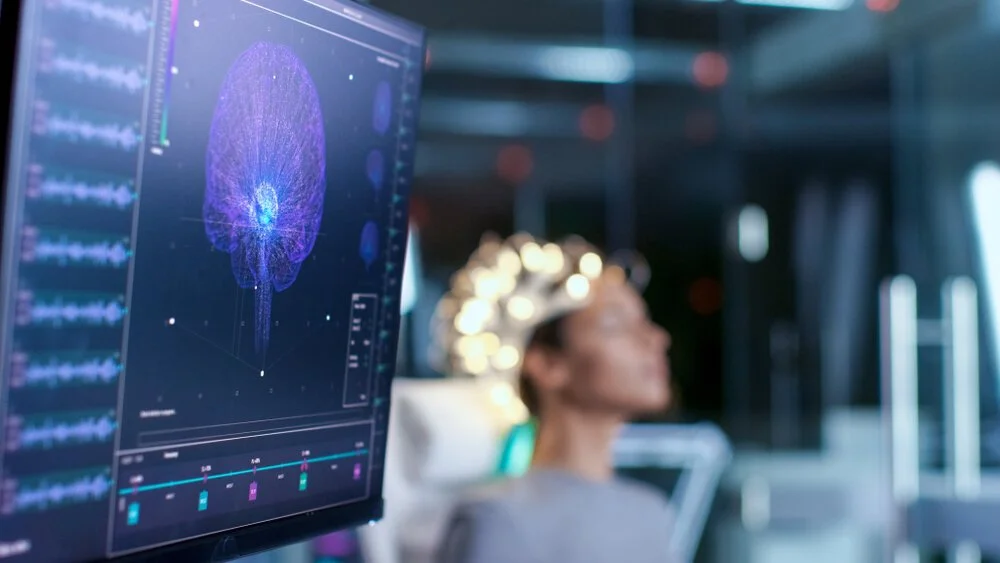Do You Want To Maintain A Nimble Brain? Exercise.
By Karen and Erica
We’re not scientists. Or doctors. Or, heaven knows, physical fitness fanatics—though we do work out. We started weight training to deal with osteoporosis. But we have been excited by what seems to be an increasing body of knowledge to suggest that exercise is good for your brain.
The truly good news is that your brain apparently does not descend into an unstoppable decline right after you reach a certain age. Indeed, your brain retains its plasticity—the structure and the function of the brain can be reorganized—though not, apparently, by the much vaunted brain exercises so popular a while ago. Apparently sitting around thinking cannot substitute for hard physical work.
That’s the bad news. You need to get up. The good news is, if you do, even though you were a tiny bit slothful for the last few decades, as we were, all is not lost.
Recent studies discussed in a New York Times article about walking suggest that white matter remains plastic and active, whatever our age, and a few brisk walks a week might be enough … to burnish the tissue and slow or stave off memory decline.
What is white matter and why do we care about it? Another study explains:
Exercise may provide physical benefits to the brain, too, such as increasing the thickness of the cerebral cortex and improving the integrity of your white matter, the nerve fibers that connect areas of the brain’s nerve-cell-rich gray matter. It also promotes neuroplasticity, your brain’s ability to form new neural connections and adapt throughout life. “One of the key places that happens is in the hippocampus, which is a very important area of the brain for memory[.] “
Whatever is going on in the brain is quite extraordinary, as this article outlines.
There have been hints, too, that exercise can alter how far-flung parts of the brain talk among themselves. In a 2016 M.R.I. study, for instance, researchers found that disparate parts of the brain light up at the same time among collegiate runners but less so among sedentary students. This paired brain activity is believed to be a form of communication, allowing parts of the brain to work together and improve thinking skills, despite not sharing a physical connection. In the runners, the synchronized portions related to attention, decision making and working memory, suggesting that running and fitness might have contributed to keener minds.
In short, to paraphrase Scientific American, exercising your butt will make you smarter. Good news!
Exercise affects the brain in many ways. It increases heart rate, which pumps more oxygen to the brain. It aids the release of hormones which provide an excellent environment for the growth of brain cells. Exercise also promotes brain plasticity by stimulating growth of new connections between cells in many important cortical areas of the brain. Research from UCLA even demonstrated that exercise increased growth factors in the brain which makes it easier for the brain to grow new neuronal connections.
What do we make of this? We don’t pretend to have the knowledge to evaluate the science. But we sure like what the experts seems to be saying. And luckily we like to move around a bit—especially walking—and after months and months of walking everywhere, thanks to COVID, we are better walkers than ever. So we are choosing to believe that every time we fetch groceries or walk with friends or kick around fall leaves—and when we train with weights—our brains are getting smarter while our bodies stay mobile. That’s a reason to cheer!
What are you doing to keep those neural and neuronal pathways flashing brightly?

